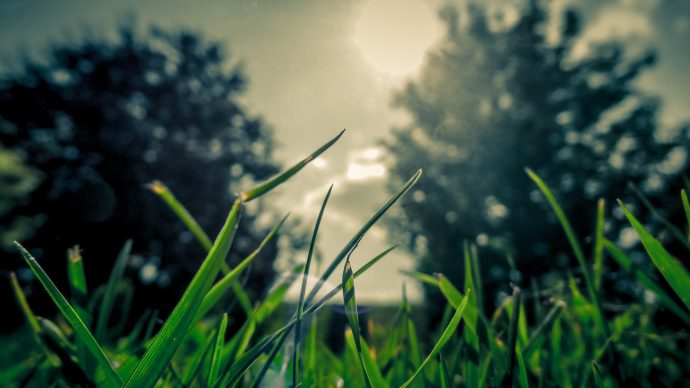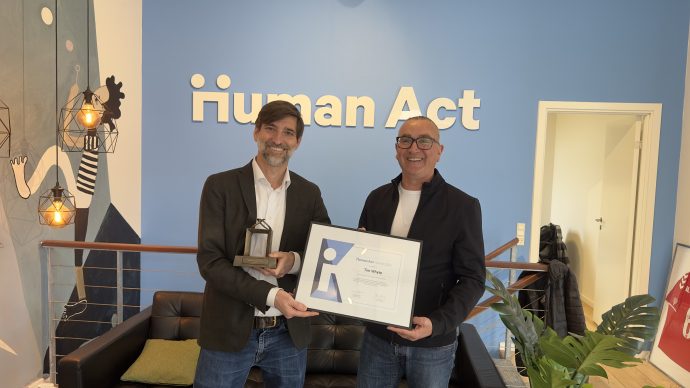Det fremgår af en ny rapport fra Friends of the Earth Europe tirsdag. Her er omtalen på hjemmesiden:
As the world marks the international day of forests, researchers find that failing to provide access to nature to deprived communities could entrench health inequality.
A review of available evidence points to a strong link between lack of access to nature areas and poor health outcomes and inequality. It associates nature deprivation with higher obesity levels, mental health problems, and mortality rates.
The review by Institute for European Environmental Policy (IEEP) for Friends of the Earth Europe finds:
- Doctors prescribe fewer anti-depressants in urban areas that contain more trees;
- Children in deprived areas are nine times less likely to have access to nature and places to play;
- Obesity and inactivity levels are higher amongst people with less access to nature;
- Access to nature is associated with mental well-being and lower mortality;
- Pregnant women living close to nature areas on average have lower blood pressure, and give birth to larger babies;
- Men in deprived urban areas have a 16% lower risk of dying when they have green space nearby.
Protecting and restoring nature sites, improving access to nature in planning, and prescribing nature in preventative healthcare, could prove key to tackling poor health outcomes for deprived communities.
Robbie Blake, nature campaigner for Friends of the Earth Europe said:
"The evidence is strong and growing that people and communities can only thrive when they have access to nature.
"We all need nature in our lives, it gives us freedom and helps us live healthily; yet deprived communities are routinely cut off from nature in their surroundings and it's suffocating for their well-being.
"Nature is a right, so it's incumbent upon EU, national and local authorities to better protect and restore nature for the many, not just for the few."
Patrick Ten Brink, Director at Institute for European Environmental Policy said:
"Cities like Oslo and Victoria-Gasteiz are making nature accessible to all their citizens. We should be inspired by this and work together so that all Europeans have nature within 300 metres of their homes in the next ten years.
"Giving communities an active right to nature will improve health, social integration and be a major step to reducing social and health inequalities."
In December 2016, European Commissioners affirmed their commitment to the EU's existing strong nature protection laws, following a large public campaign – and announced they would come forward with an Action Plan for stronger implementation of the laws, expected in April 2017.















